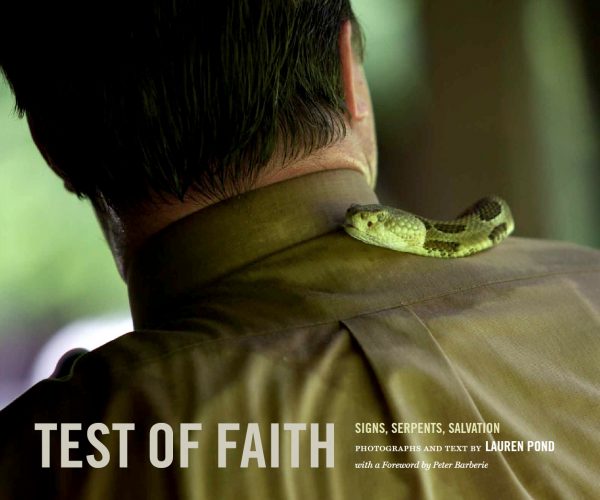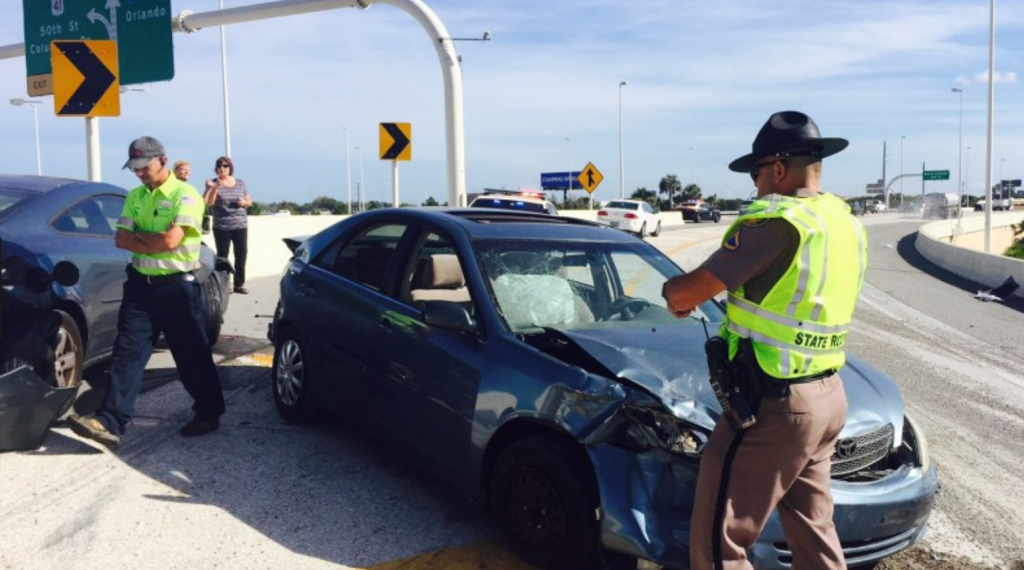 There’s a new book out about Pentecostal snake handlers in the US.
There’s a new book out about Pentecostal snake handlers in the US.
As described on the publisher’s site (click the image above to go there), the book is concerned with addressing the following question:
Despite scores of deaths from snakebite and the closure of numerous churches in recent decades, there remains a small contingent of serpent handlers devoted to keeping the practice alive…. What motivates them to continue their potentially lethal practices through the generations?
I’ve discussed these groups in classes over the years, and sometimes in my writings, since they can’t help but fascinate us. But all along it’s seemed clear to me that the interesting thing is why they interest us.
For example, as I’ve noted elsewhere, all sorts of people who identify as Christian will talk about the bible being the inerrant or the literal word of God, yet they don’t take the closing lines of the Gospel of Mark all that seriously — at least compared to those who pick up rattle snakes and drink deadly things. After all, it says there:
Mark 16: 18 (King James Version)They shall take up serpents; and if they drink any deadly thing, it shall not hurt them; they shall lay hands on the sick, and they shall recover.
So, people who say this text is the word of God but who do not do as instructed strike me as even more interesting, for they nicely make evident that so-called literal reading is, like any other form of reading a text, interpretive and therefore filled with choices and interests that direct those decisions (such as what to ignore or explain away).
But, thinking back to that new book, what’s even more interesting to me is something that a former student pointed out during a class discussion years ago. To update it: despite the 37,461 traffic fatalities in the US in 2017, we all still drive cars, run yellow-lights, pass when the center line is solid, and speed down on-ramps to get onto the interstate — yet it’s likely that almost no one among us would say:
Despite scores of deaths from [driving] … there remains a [incredibly large] contingent of [drivers] devoted to keeping the practice alive…. What motivates them to continue their potentially lethal practices through the generations?

This isn’t to say that those attending such usually small, rural churches aren’t worth studying when they pick up a snake during a service. But what it does indicate is that curiosity is all about the one who’s being curious — it makes evident their assumptions and taken-for-granteds, and thus the puzzling anomalies that they see in the world when they look at it, all of which prompts them to ask their questions.